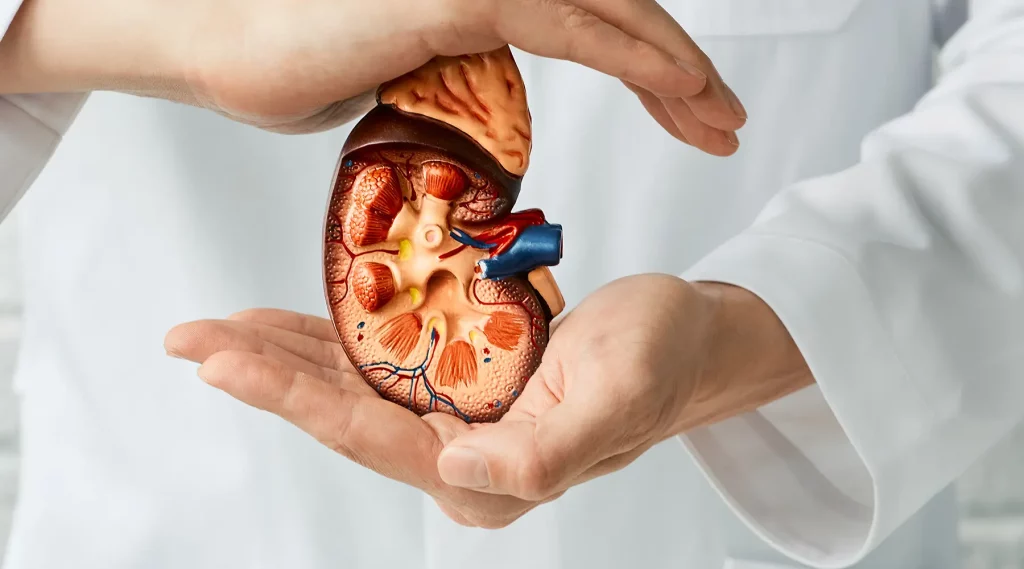
Kidney cancer refers to cancer that starts in the kidney and cancer occurs when there is uncontrolled growth of cells. Renal cell carcinoma (RCC) is the most common type of kidney cancer, accounting for 9 in 10 cases.
There are several subtypes of RCC such as clear cell RCC, non-clear cell RCC. Clear cell RCC is the commonest type of RCC accounting for 7 in 10. Non-clear cell RCC includes a group of less common types of RCC such as papillary, chromophobe and collecting duct for example.
Other types of kidney cancer include Transitional cell carcinoma (TCC) which can arise from cells that line the renal pelvis. Apart from RCC and TCC, there are also rare kidney cancers such as Wilms tumour in children and renal sarcoma. There are also benign (non-cancerous) kidney cancers including angiomyolipoma and oncocytoma.
This article will be focussing on clear cell RCC.
In many cases, the cause of RCC is not known. Things that can reduce your risk include maintaining a healthy lifestyle by not smoking, exercising, increasing dietary intake of fruits and vegetables and avoiding harmful exposure to toxic chemicals.
RCC is a very diverse cancer. Huge inroads into better understanding of the biology of RCC and treatment has been achieved over the years. When it comes to treatment decisions, they are highly complex and need to be individualised to each patient. Major advancement in new drugs for treatment of RCC in the past decade, has turned a disease that is historically chemotherapy refractory, to a condition that is very treatable.
The Cancer Centre @ Paragon
290 Orchard Road #17-05/06
Paragon Medical (Lobby F)
Singapore 238859
The Cancer Centre @ Mount Elizabeth Orchard
3 Mount Elizabeth #03-04
Mount Elizabeth Medical Centre
Singapore 228510

BOOK AN APPOINTMENT
Incorporated in 2005, Singapore Medical Group (SMG) is a healthcare organisation with a network of private specialist providers across four established pillars - Aesthetics, Diagnostic Imaging & Screening, Oncology and Women's & Children's Health. Within Singapore, SMG has more than 40 clinics strategically located in central Singapore and heartland estates. Beyond Singapore, SMG also has an established presence in Indonesia, Vietnam and Australia. Learn about our privacy policy here.
